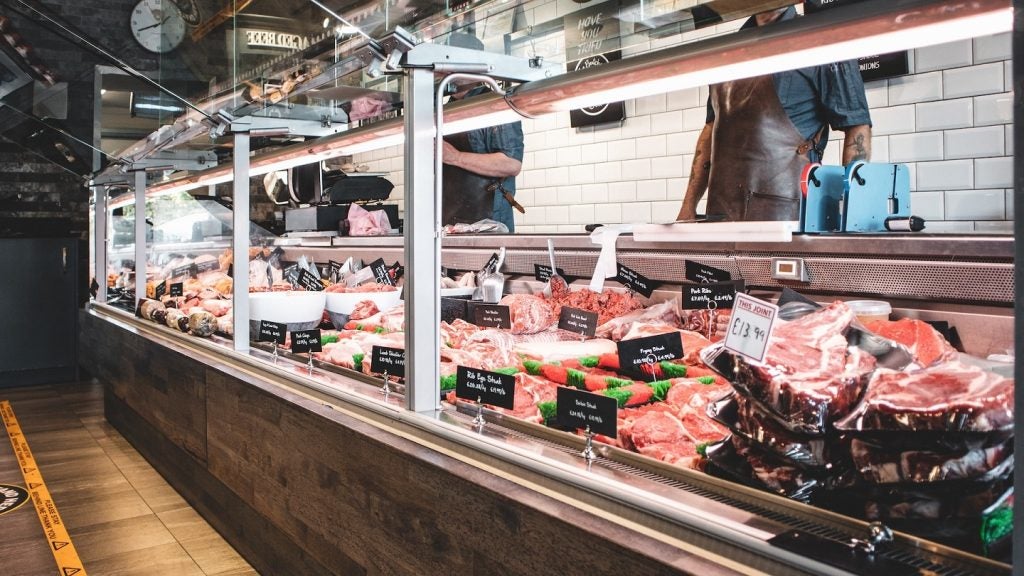The American Society for the Prevention of Cruelty to Animals (ASPCA) has published its inaugural report that evaluates US grocery stores’ commitment to farm animal welfare.
The report entitled ‘ASPCA Supermarket Scorecard’ grades the 20 largest US grocery retailers based on their commitment to three animal welfare issues and progress in reporting against those policy commitments.
The three issues are cage-free eggs, gestation crate-free pork and stores’ alignment with the Better Chicken Commitment.
The retailers include Whole Foods Market, Sprouts Farmers Market, Costco, Target, Albertsons, Kroger, Walmart, Food Lion and ALDI.
Sprouts and Whole Foods scored A grades for strong policies and progress on all three issues.
The 2023 report revealed that major grocery stores have already established public policies to end some forms of intensive confinement in their supply chains.
However, several retailers have failed to keep their promises while some are yet to recognise the problem of farm animal cruelty in the food system.
The report says that most eggs, chicken and pork products on supermarket shelves in the US come from farms that rely on confinement and other intensive practices.
This came despite the growing public rejection of such practices.
Citing a recent national survey, ASPCA said that more than two-thirds (69%) of the public want transparency about supermarkets' progress toward stocking more humane products.
ASPCA Farm Animal Welfare corporate policy & animal scientist senior director Nancy Roulston said: "Supermarkets have immense influence over what we eat and how animals are treated. Consumers overwhelmingly reject cruelty to farm animals and want to know where their supermarket stands on these basic but critical welfare issues.
"The ASPCA is working with some of the largest supermarket chains to help them swiftly adopt and progress on strong welfare policies. It's time for retailers of all kinds to address unacceptable practices in their supply chains—to protect animals, support farmers using higher-welfare practices and align their brands with the compassionate food system consumers demand."















